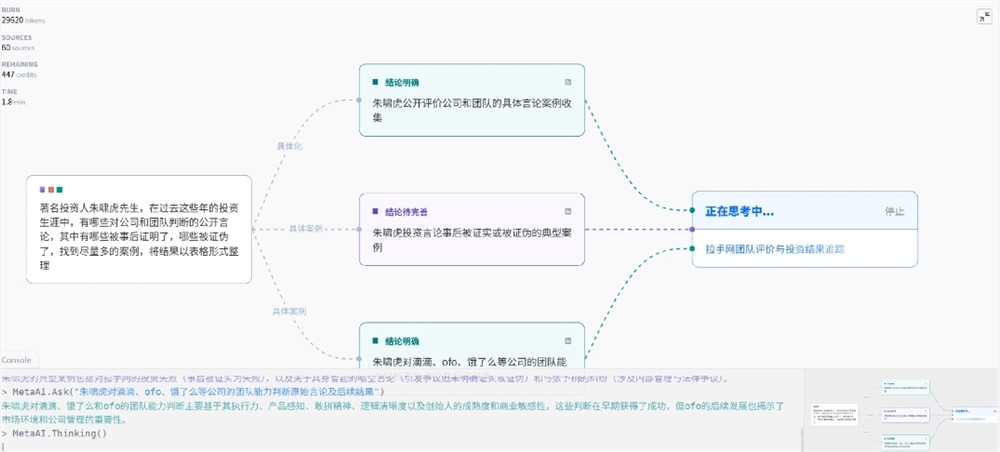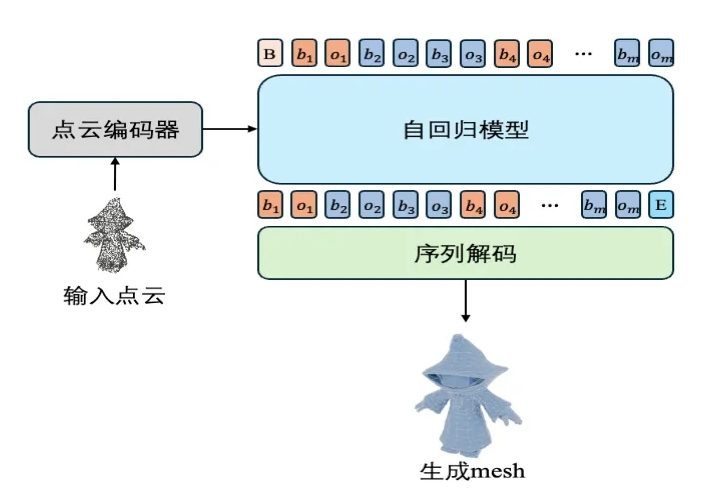Recently, Google previewed a new artificial intelligence model called SignGemma on its social media platform. This model will be capable of converting sign language into speech text. This innovation is expected to be added to the open-source Gemma series later this year and eventually applied to several of Google's products, such as Gemini Live.
The Background of Sign Language Conversion Technology
As an important tool for deaf and mute people to communicate with others, the use of sign language is becoming more widespread. However, due to the differences between sign language and spoken language, many non-sign language users often find it difficult to understand sign language communication. The SignGemma model launched by Google this time aims to break this communication barrier through advanced artificial intelligence technology. Not only can this model improve the efficiency of communication between deaf and mute people and hearing people, but it can also promote society's understanding and acceptance of sign language.
Technical Details of SignGemma
The development of SignGemma is based on Google's deep accumulation in natural language processing and computer vision. This model will combine machine learning and deep learning technologies to accurately identify sign language gestures and convert them into corresponding speech texts. Google stated that the design of SignGemma will fully consider diversity and inclusiveness, aiming to cover sign language expressions in different regions and cultural backgrounds.
- Real-time conversion**: SignGemma supports real-time sign language conversion, which can instantly generate speech texts during communication.
- Multilingual support**: The model plans to support the conversion of multiple sign languages and spoken languages in the future, further expanding its application scope.
- Open-source sharing**: As part of the Gemma series, SignGemma will be released in open-source form, encouraging developers and researchers to innovate and improve.
Social Impact and Future Prospects
The launch of SignGemma is not only a technological innovation but also a strong push for the rights of deaf and mute people. By providing a more convenient way of communication, this model is expected to enhance the participation of deaf and mute people in daily life, education, and work. At the same time, the open-source nature of SignGemma will encourage more developers to participate in the development of related applications, promoting the development of technology-assisted accessible communication.
With the continuous progress of technology, Google's move also shows its leadership position in the field of artificial intelligence and its sense of social responsibility. In the future, the successful application of SignGemma may inspire more companies and institutions to pay attention to and address the challenges faced by deaf and mute people in daily communication.
In short, Google's SignGemma model not only brings more convenient communication tools for deaf and mute people but also leads a new trend in the combination of sign language and artificial intelligence, with profound social significance and market potential.









